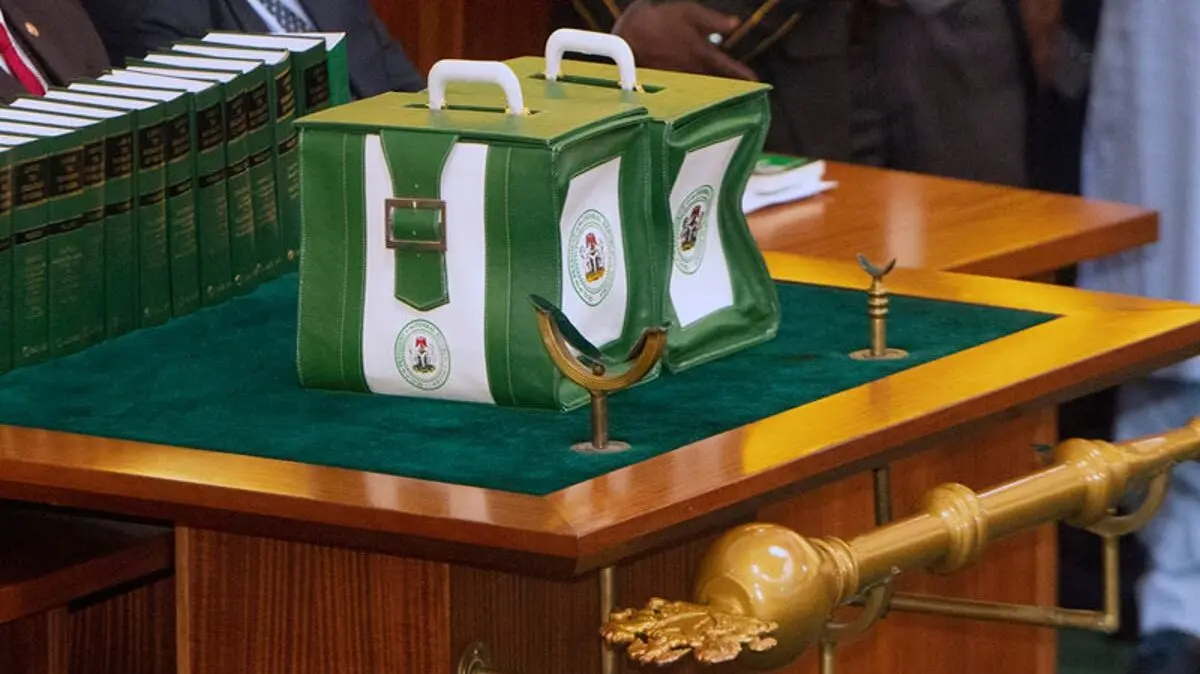In a pivotal session that took place yesterday, the National Assembly, a critical legislative body in Nigeria, made a significant move by passing the N2.176 trillion 2023 supplementary budget for its second reading. This decision followed an extensive debate on the proposed budget, engaging both the Senate and the House of Representatives.
President Tinubu’s letter to both chambers set the stage for this crucial development. He requested the federal lawmakers’ approval for this supplementary budget, marking the second such request this year. The first request saw N819.5 billion approved to provide palliatives for underprivileged Nigerians.
In addition to the supplementary budget, President Tinubu also presented the 2024-2026 Medium Term Expenditure Framework & Fiscal Strategy Paper (MTEF/FSP) to the parliament for their consideration and approval. This action signals the government’s forward-looking financial planning.
The President’s letter highlighted the pressing need for further provisions to support additional palliative measures, including a wage increase for public servants and an enhanced Cash Transfer Programme. These measures are intended to benefit the most vulnerable members of society, demonstrating the government’s commitment to social welfare. Furthermore, the President emphasized the urgency of critical defense expenditures to ensure peace and the security of lives and property, which are essential for the government’s economic growth agenda.
The 2024-2026 Medium-Term Expenditure Framework (MTEF) and Fiscal Strategy Paper (FSP) were prepared against a backdrop of significant global issues. The ongoing Russia-Ukraine war, with its severe implications on global food and energy prices, has added complexity to the international financial landscape. Domestically, Nigeria is grappling with challenges in revenue mobilization and significantly elevated public debt. The President also noted that inflation has risen in many economies worldwide, with particularly adverse effects on capital flows to emerging markets.
With these factors in mind, the President urged the lawmakers to expedite the consideration and approval of the fiscal document. This action would bring the 2024 Federal Government of Nigeria (FGN) budget preparation process to a timely close, ensuring that the government can effectively address the nation’s evolving economic needs.
A breakdown of the 2023 Supplementary Budget reveals that N1.010.802,015,985 is allocated for Recurrent expenditure, while N1.165,989,270,049 is earmarked for Capital expenditure. These allocations reflect the government’s commitment to maintaining and improving essential services while also investing in critical infrastructure and development projects.
Both the supplementary budget proposal and the MTEF/FSP have been referred to relevant committees for further legislative deliberations. This process ensures a thorough examination of the proposals and allows for necessary adjustments to be made to meet the nation’s financial and developmental objectives.
In conclusion, the passage of the N2.176 trillion 2023 supplementary budget is a significant step in addressing the pressing economic and social needs of Nigeria. The President’s call for timely approval of the fiscal document demonstrates the government’s commitment to proactive financial planning and responsible resource allocation. The National Assembly’s deliberations and eventual approval of the budget will play a vital role in shaping Nigeria’s economic future.


